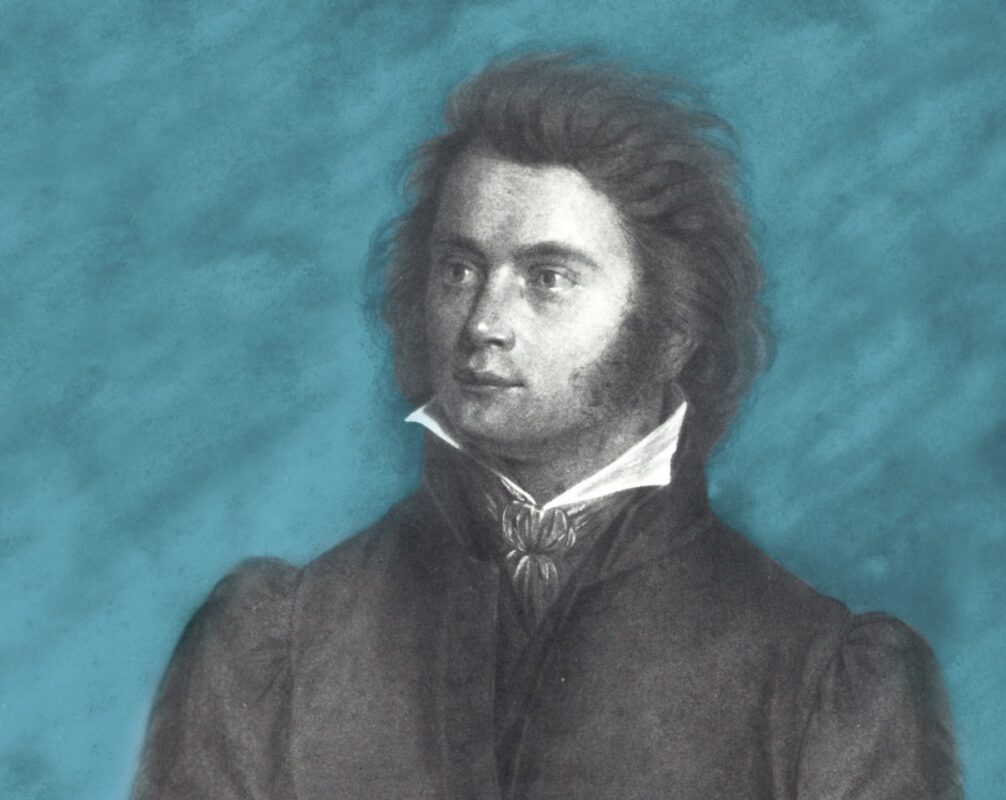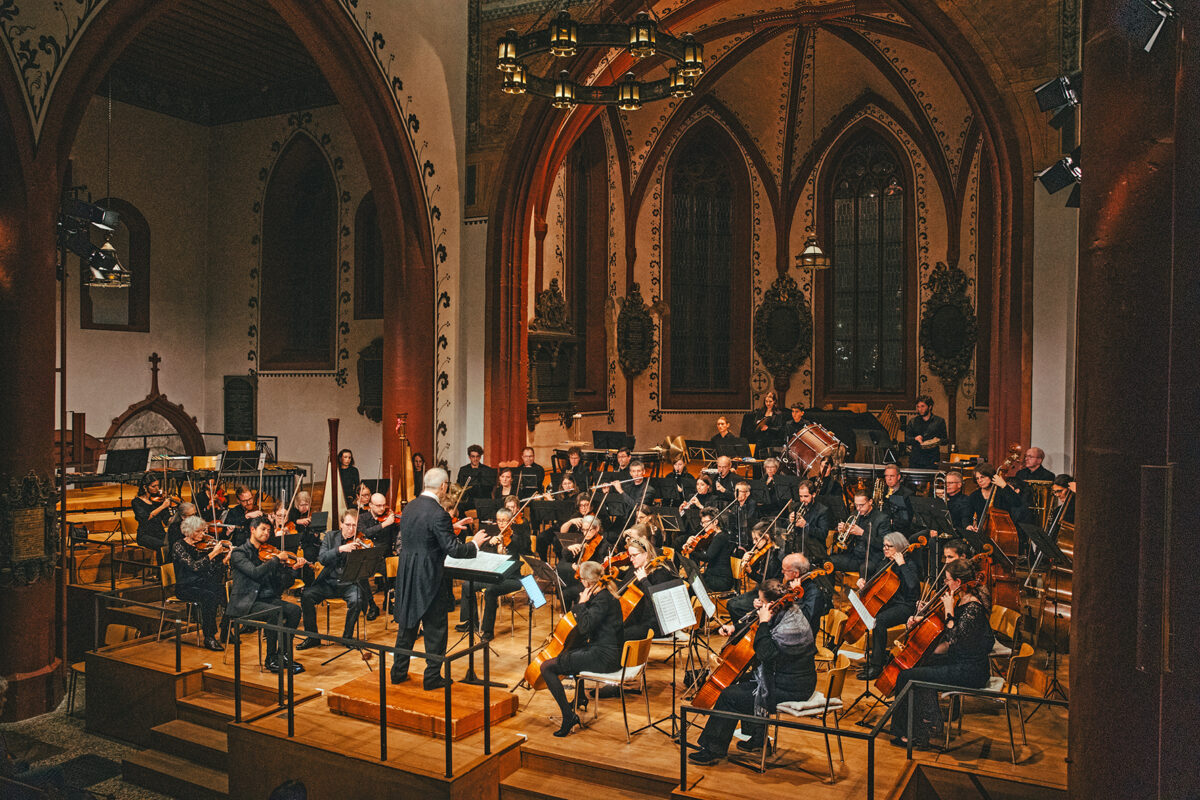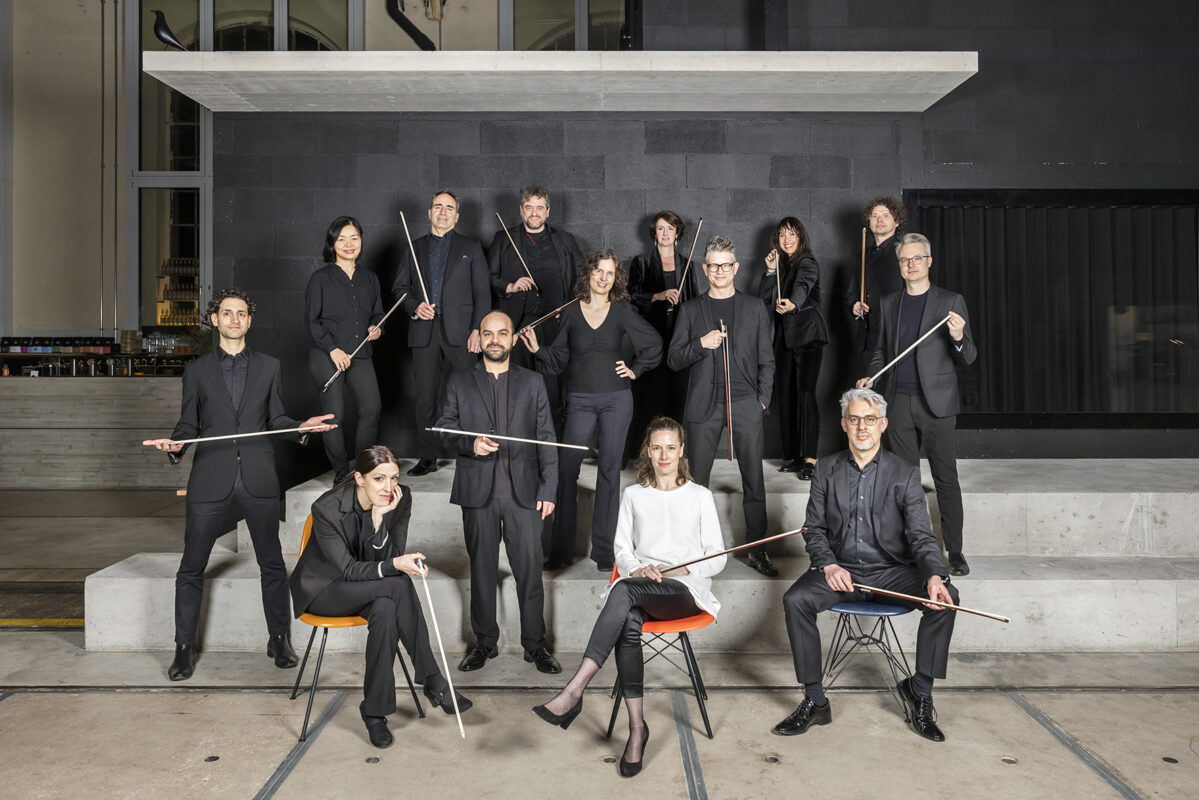Classical music festivals outside the centers
The Othmar Schoeck Festival in Brunnen is artistically and academically dedicated to the composer who lived there. "Beleuchtungen", a festival organized by Oberaargau Classics, appeals to new audiences with works with regional references.
Surprises are rare in the established classical music festival business. It can happen that a pianist of the caliber of Jean-Efflam Bavouzet complements his program in Verbier with personal anecdotes and relevant analyses of the works played, the entertainment and insight value of which at least doubles the concert enjoyment (2019). More often, it is unusual combinations that one would not have expected in the respective setting. Chilly Gonzales, for example, was recently invited by program director Igor Levit to perform at the piano festival in the large hall of the KKL, which worked surprisingly well, and not just in terms of sound. Fortunately, the concert was as good as sold out. Obviously, when it comes to programming like this, the gain for an all-round harmonious festival is more important than the risk.
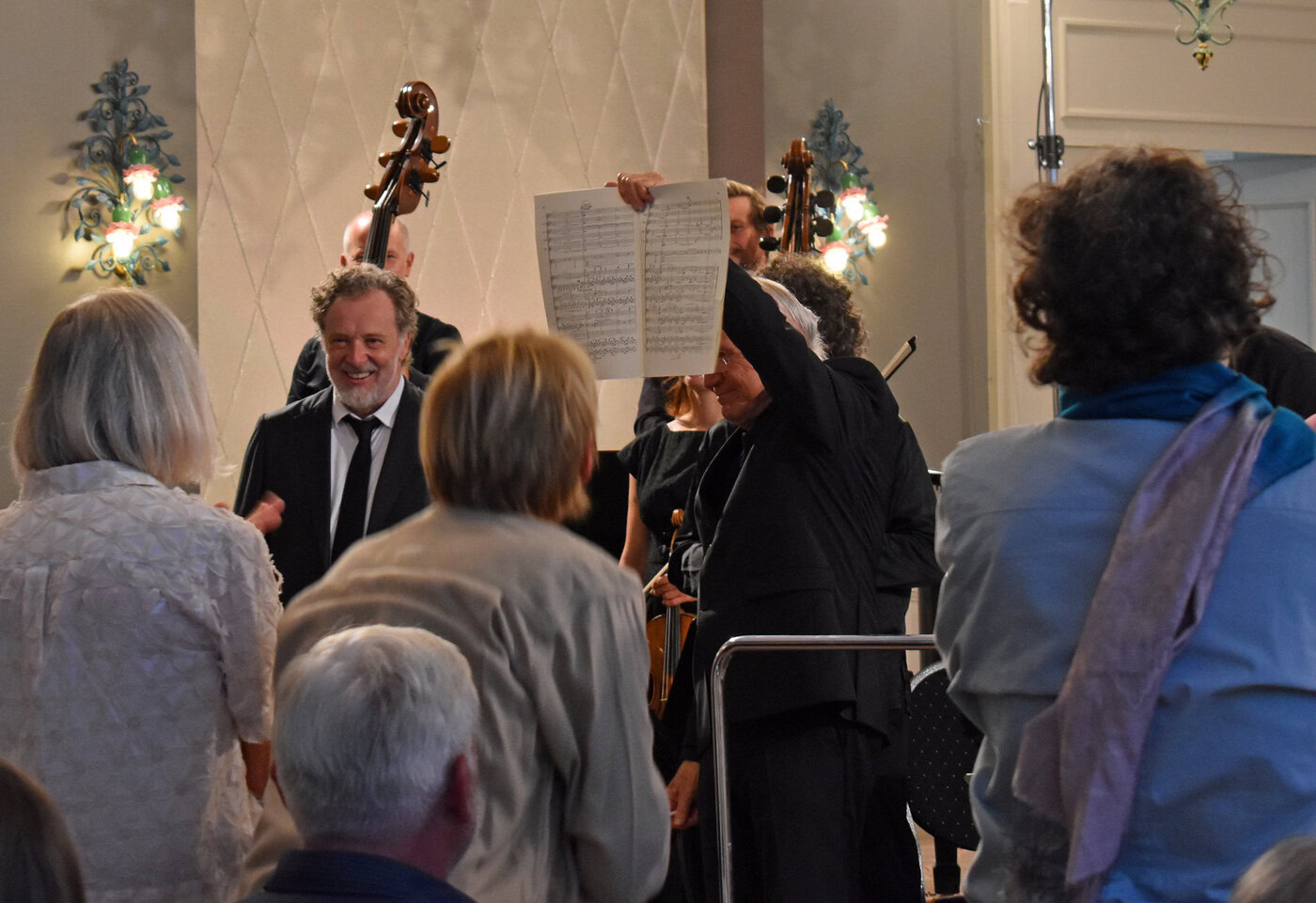
Artistic excellence and science in fountains
However, one is amazed at younger festivals, which are usually set up far outside the established structures, are not yet on everyone's lips and can therefore operate more freely. The Othmar Schoeck Festival took place for the seventh time this September in Brunnen SZ. After being founded in 2016, it has only been possible to continue it annually since 2020. In addition to Villa Schoeck, the composer's birthplace and frequent place of work, as an exceptional location and other special venues in the beautiful landscape on the northern shores of Lake Uri, it is above all the festival program that stood out.
Versatile concerts with international and highly specialized musicians - a performance of the Elegy op. 36 under the baton of Heinz Holliger as the highlight -, a master class for Lied duos and a careful mediation project guaranteed an intensive musical experience over three days of performances. A lecture by Ulrike Thiele, a musicologist from Zurich, also featured prominently in the program. She shed light on the life and work of Werner Reinhart, patron and passionate amateur musician from Winterthur, who had supported Othmar Schoeck in his compositional work for decades. These and other musicological formats characterize the entire festival series just as much as the purely artistic content.
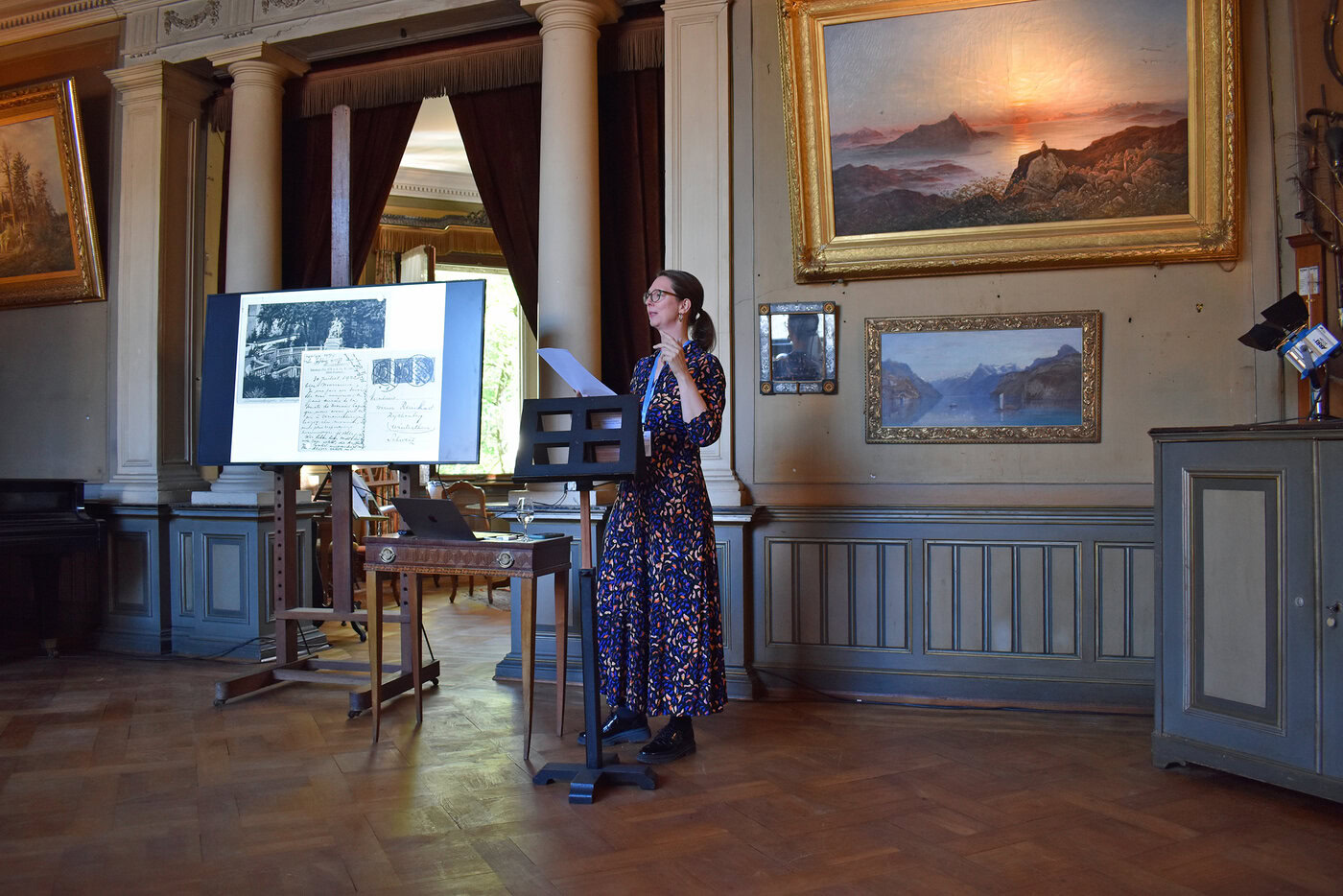
For Alvaro Schoeck, the initiator and artistic co-director of the festival, it was central from the outset that a comprehensive historical reappraisal of Othmar Schoeck's life and contemporaneity should be carried out at the same time as the promotion of his work - and the revival of the Villa Schoeck. After his death in 1957, he was rarely performed until the 1980s, and the subsequent rediscovery was accompanied by trepidation about his connections to the Third Reich. The artistic positioning of his multifaceted oeuvre proved to be difficult, there was a lack of scholarly research in the narrower sense and, last but not least, practical performance problems arose, as his work often demands top performances from the interpreters.
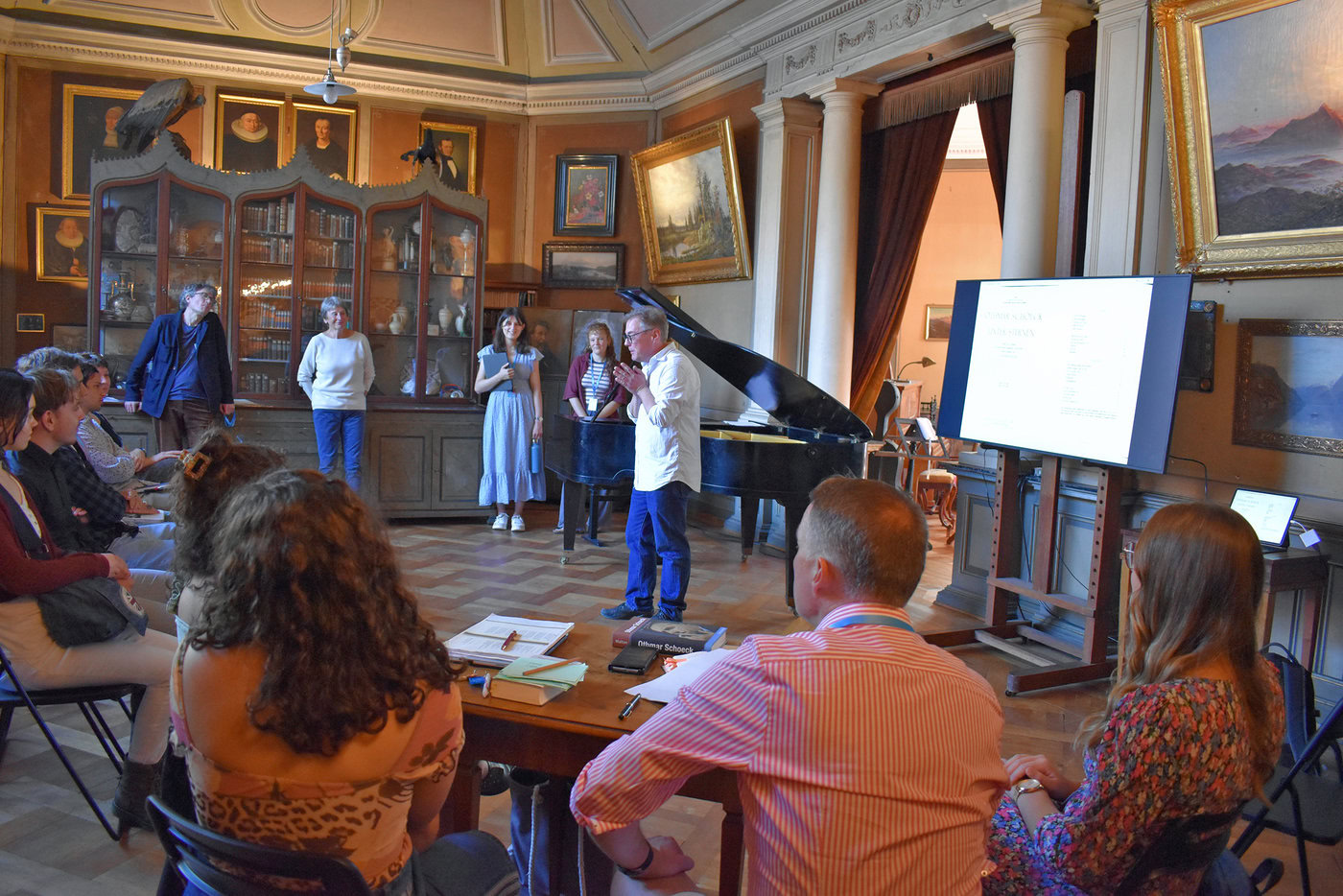
The festival weekend from September 19 to 21 provided an impressive demonstration of how far this reappraisal has already progressed. The performers played Schoeck's works with such skill and uncompromisingness that no restraint or ambiguity shone through. The general atmosphere also contributed to this impression: Even in the studio space of the Villa Schoeck, which was bursting with private history, one perceived nothing that could have been associated with any kind of conceit. It is to be hoped that the great commitment of all those involved will continue to lead to such successful festival years and that the project succeeds in establishing itself in the long term. This would be highly appropriate for Othmar Schoeck's significance for the region and beyond.
New audiences and world premieres with a regional focus in Langenthal
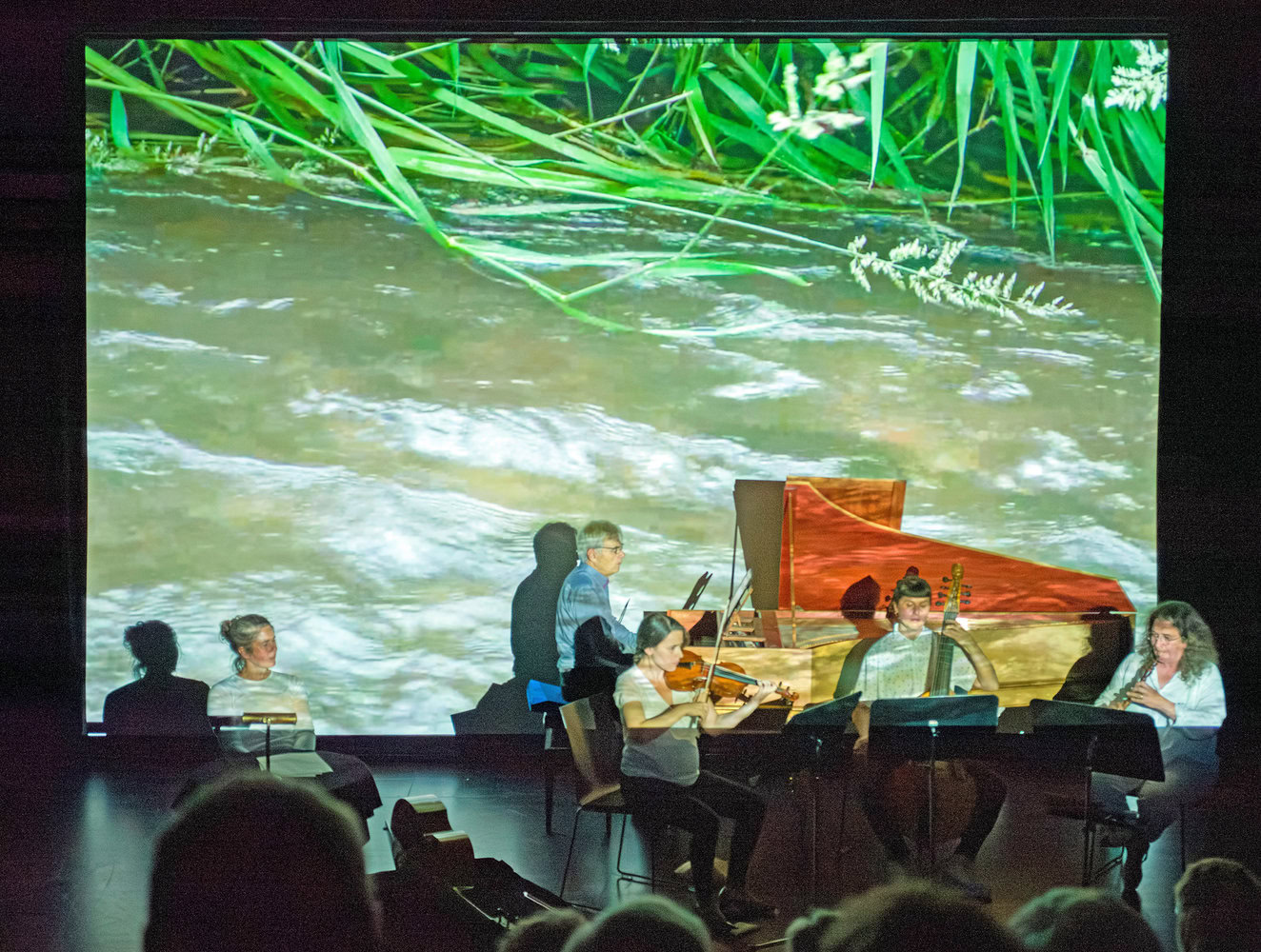
Two professional ensembles from Langenthal BE, the birthplace of Heinz Holliger, the Grenzklang Baroque Orchestra and the Camerata 49 Orchestra, have been working together for several years and, with the Oberaargau Classics, form one of the most important cultural institutions in the western Mittelland. With the first four-day festival "Beleuchtungen" from September 4 to 7 the organizers have now taken a major step forward in their efforts to raise the profile of classical music in the Oberaargau region. In addition to stylistic diversity and a love of experimentation, the organizers were also keen to attract new audiences of all ages with unusual venues and a flexible pricing model, thus creating a new kind of exchange.
The fact that this worked straight away was particularly evident on the second evening of the festival in the Kunsthalle on the Porzi-Areal under the motto "Portrait of composers". Numerous children and young people were among those present to listen to a program that ranged from new children's pieces by Heinz Holliger to three world premieres by composers with a connection to the region, performed by the excellent Camerata 49 quintet. These larger compositions with a local connection were one of the highlights of the festival and gave a hint of the great potential that lies in local music with a classical focus.
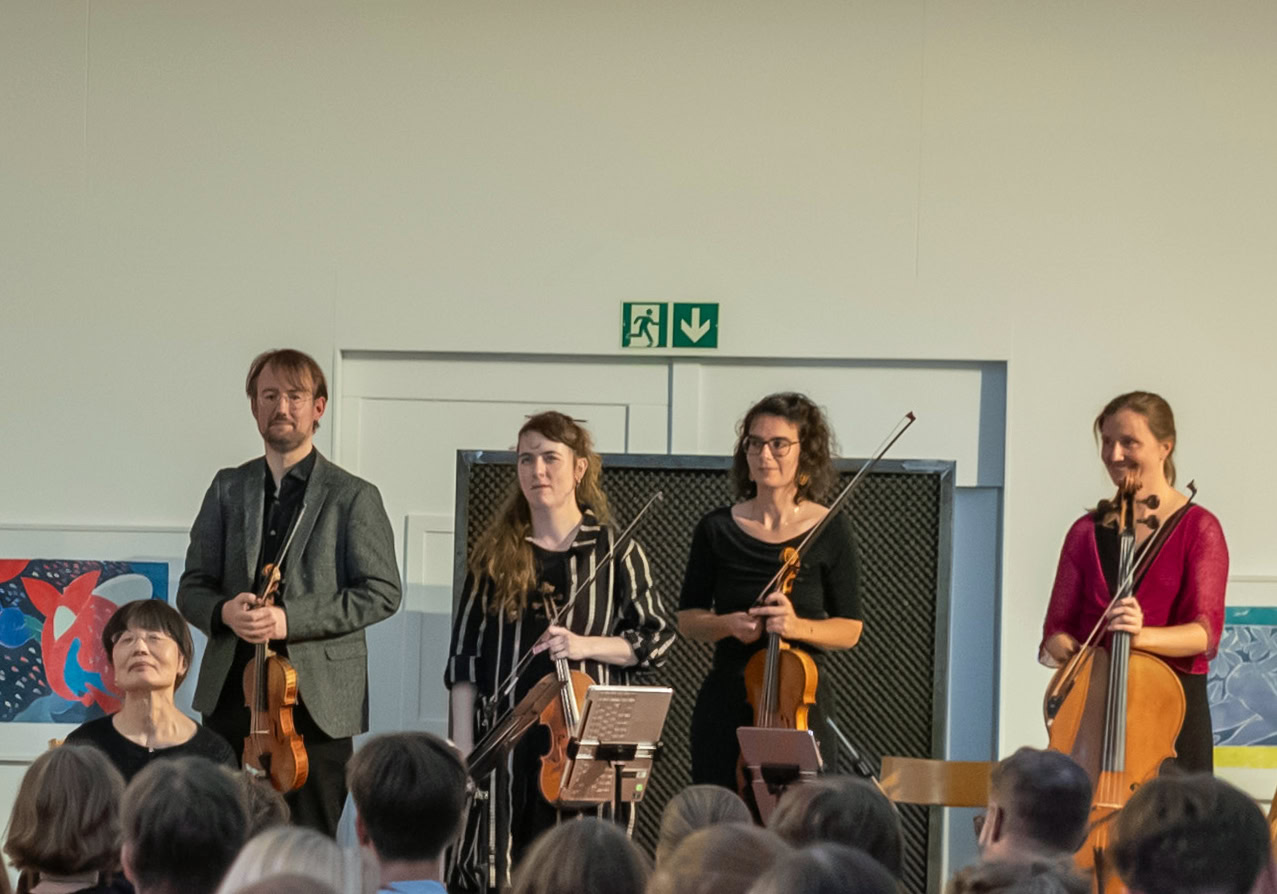
After the festival, co-initiator and artistic director Sabina Weyermann was very satisfied with the result. For a first-time event, the four evenings were very well attended and the response from the audience was consistently positive. This contrasts with the enormous effort that she and her team had to make to plan and carry out the events successfully. At the same time, she emphasized that she had received sufficient support in all important areas and therefore did not agree with the widespread view that there was not enough support for projects of this kind.
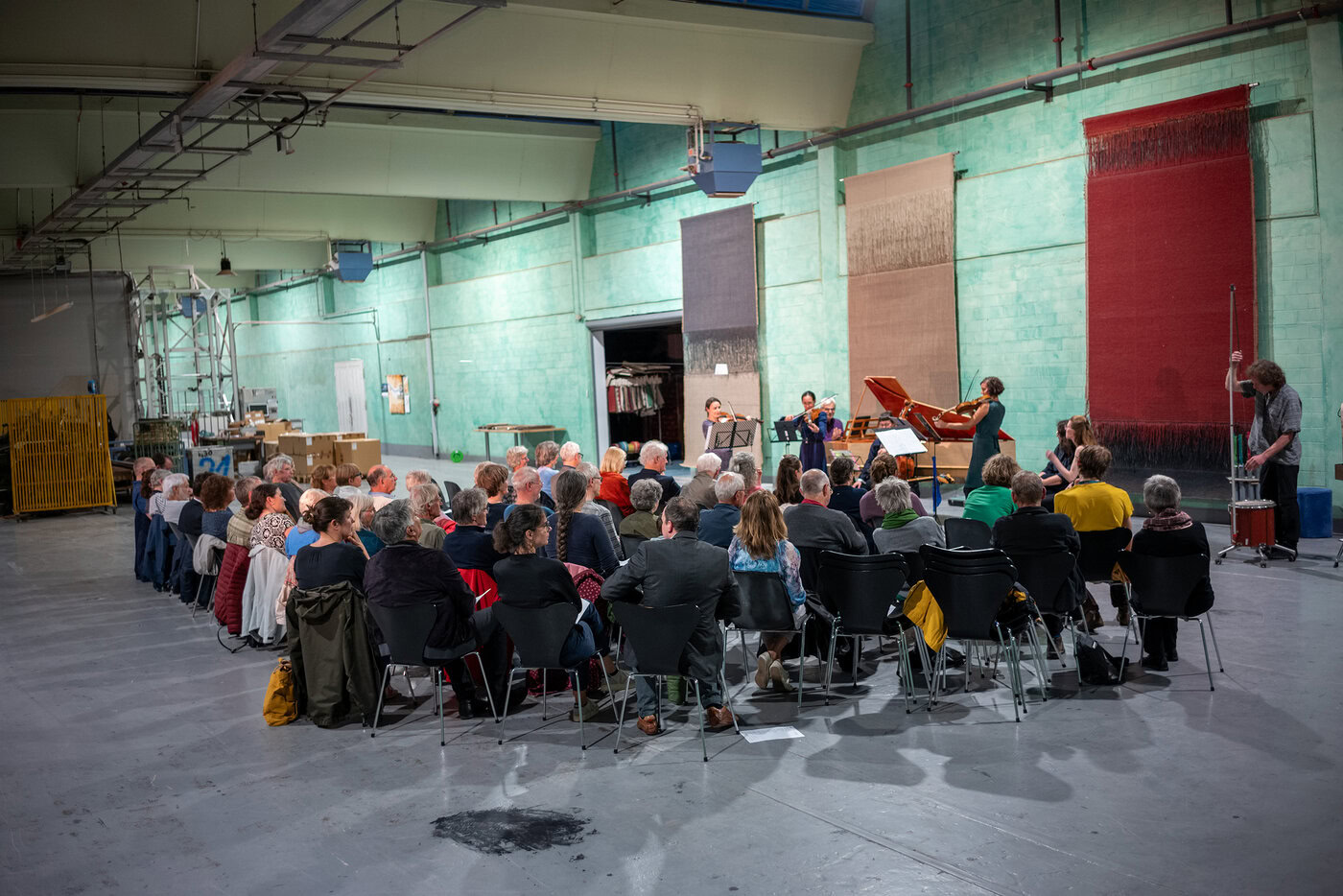
Both festivals - as different as their orientations are - each provide a genuine enrichment of musical life in Switzerland in their own way. Langenthal not only attracts new audiences and carries out important educational work, but also puts excellent composers from the region in the right light. And in Brunnen, not only do they pull out all the stops for a successful festival at the cutting edge, with the Othmar Schoeck Festival they also carry out long overdue academic work on one of the most important figures in recent Swiss music history.
Transparency note: The Swiss Music Newspaper is media partner of the Othmar Schoeck Festival






